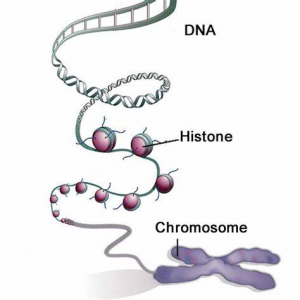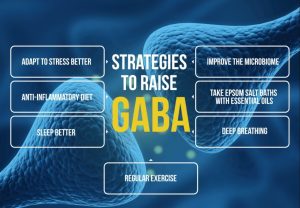
Memories
The formation of memories is important to everyone. Memories help people learn from experiences whether they are good or bad. However, sometimes a stressful event can have a lasting negative affect on a person’s memory. Many of these events result in post-traumatic stress disorder (PTSD) or anxiety. Normally, the brain rewires itself and learns from these stressful events, but in anxiety or PTSD, there is a failure of the adapting and coping mechanisms.
Anxiety: Typically is a normal, every day feeling. In an anxiety disorder however, this feeling becomes overwhelming and constant. Anxiety can be classified into different conditions: panic disorder, social anxiety disorder, specific phobias, and generalized anxiety disorder. There is no exact explanation as to why anxiety occurs but researchers are trying to understand it more every day.
PTSD: Mental condition that is triggered by a stressful situation or traumatic event through experiencing or witnessing. Symptoms include flashbacks, nightmares and severe anxiety. These symptoms affect day to day activities. Many who experience PTSD have triggers which are associated by the event. For military personnel, this could be a loud noise similar to that of a gunshot. For sexual assault victims, it could be the feeling of a fabric. Each person responds and acts differently which means that treatments must be personalized
Did you know?
Faces like these help thousands of PTSD sufferers each year.
Service dogs are becoming more common in today’s society. Service dogs, according to Dr. Kelly Skelton, a psychiatrist in Atlanta VA says service dogs “can serve as a bridge to get them (people) past that initial fear.”
Check out this link to read more about a foundation that trains service dogs here in the United States. http://www.servicedogsforamerica.org/about-us/service-dogs/ptsd-dogs/
Science Behind a Memory
To understand this more, researchers decided to look at rats and their brains. In doing so, researchers found two important pathways. These pathways are similar to highways, each leading to a final destination. The first found that glucocorticoid hormones (also known as steroid hormones) increase the rat’s formation of memories therefore, allowing them to learn.
The second pathway is histone (H3S10p-K14ac). Histones help organize DNA by winding genes around it, similar to beads on a string. Rats were placed in a box with water to observe their behaviors. At first, the rats freaked out and panicked. Over time, the rats began to relax and perform a floating behavior. The histone discussed is associated to learning. Because the rats showed a learning behavior, these histones were present. If this learning did not occur, the histone markers would not exist.
GABA (a neurotransmitter; something that helps the brain communicate) is important during a stressful event.  Low levels of GABA have been linked to anxiety and PTSD. Researchers allowed rats to exercise and found that exercise results in an increased production of GABA. When these rats were then introduced to a stressful event, they relaxed much quicker than the rats that didn’t exercise.
Low levels of GABA have been linked to anxiety and PTSD. Researchers allowed rats to exercise and found that exercise results in an increased production of GABA. When these rats were then introduced to a stressful event, they relaxed much quicker than the rats that didn’t exercise.
The brain works in a mysterious way. Sometimes, it works in a way that can negatively impact a person’s life. Scientists are still understanding what exactly happens in the brain when it misfunctions but treatment options are available. Ranging from a service animal to psychotherapy. These may only act to treat signs and symptoms but it is progress.
Sources: